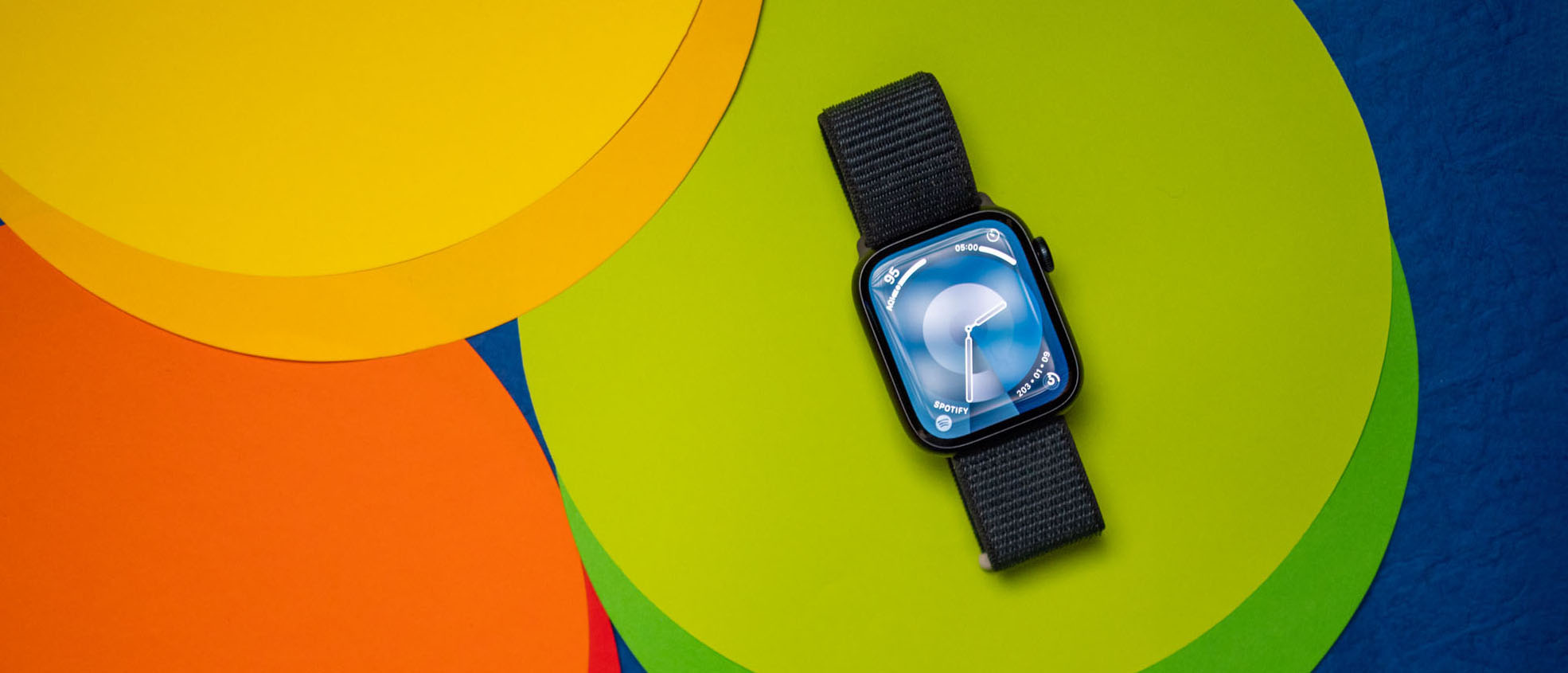Android Central Verdict
The Apple Watch Series 9 has a few upgrades this time, including a faster S9 chip, a double tap gesture that lets you pull up the Smart Stack, end timers, pick up calls, and so much more one-handed. The screen is brighter as well, and the new sensors are marginally better at monitoring activity. But the design hasn't changed at all from last year, the battery only lasts just over a day, and there isn't a meaningful upgrade that makes the Series 9 worthy of consideration if you've already got the Series 8 or even the Series 7.
Pros
- +
Double tap gesture is genuinely useful
- +
Screen is brighter in daily use
- +
New sensors with better activity tracking
- +
Great set of software features
Cons
- -
No meaningful battery gains
- -
Sleep tracking is still inconsistent
- -
Design is starting to look stale
- -
Doesn't differ in any significant way to Series 8
Why you can trust Android Central
The Android smartwatch ecosystem is turbulent by nature — the software has had more reboots than Spider-Man, brands choose to leave the ecosystem after just one release (Xiaomi), and the hardware varies wildly. By contrast, the Apple Watch is as unchanging as the pole star; the hardware is consistent across models, the design hasn't changed in any meaningful way in half a decade, and the software is instantly recognizable.
As such, it stands to reason that the Series 9 doesn't deviate from the path. Even by Apple standards, there isn't much to talk about with the Series 9; it looks identical to its predecessor, has a similar set of sensors, and lasts about the same. The big differentiator is a double tap gesture that's great for dismissing notifications, answering calls, or launching actions when your hands are otherwise engaged.
So, should you even bother with the Apple Watch Series 9? I used the smartwatch for just over three months with my iPhone 15 Pro Max, and here's what I think.
Apple Watch Series 9: Pricing and availability
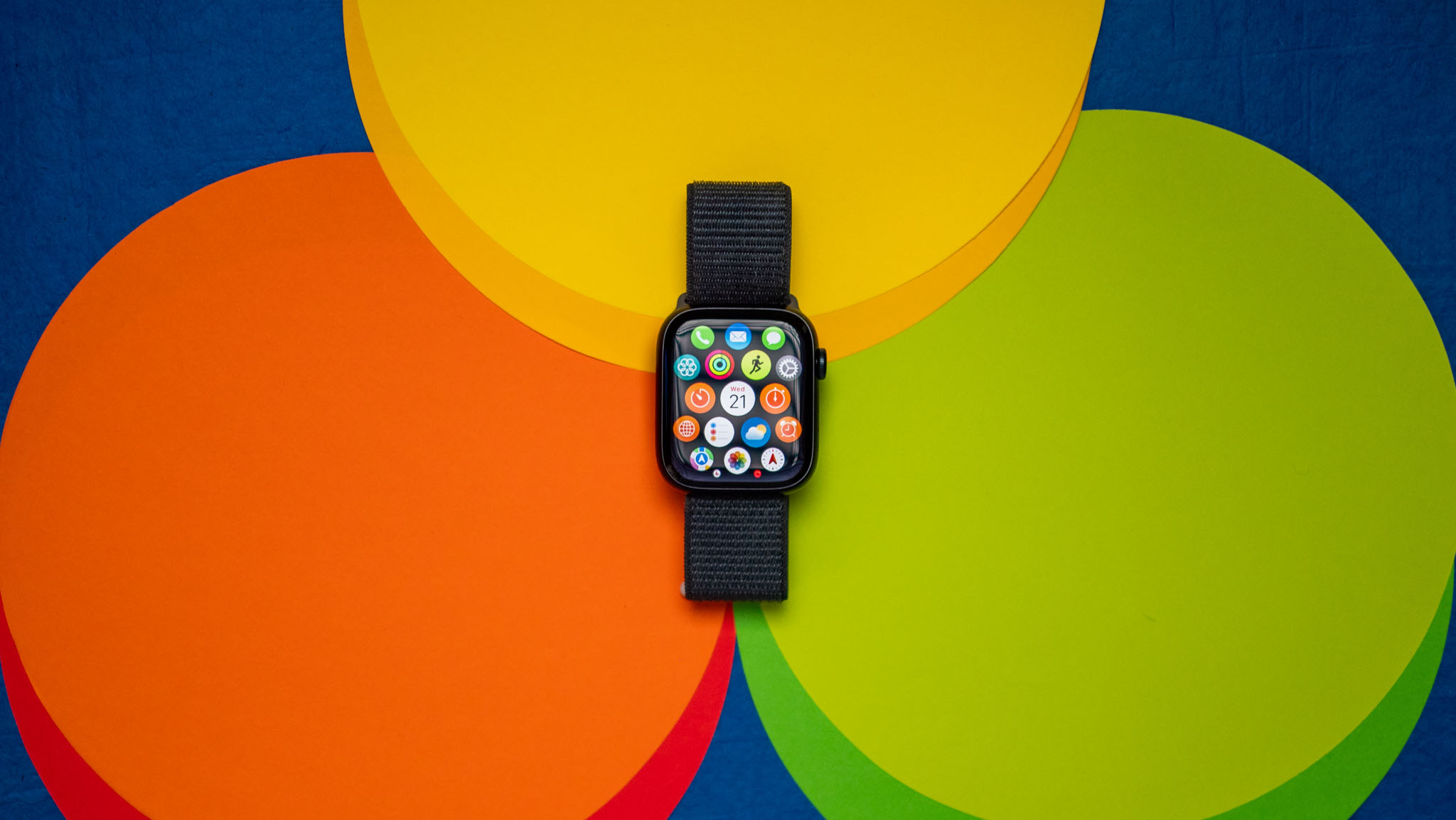
The Series 9 debuted alongside the iPhone 15, and it went on sale starting September 22. Its journey hit a blip back in December as it was ordered to stop sales of the device due to an ongoing patent dispute with Masimo over the blood oxygen monitoring sensor. The sales ban was limited to the U.S., and Apple got an injunction that allowed it to put the smartwatch back on store shelves on December 28. That decision was reversed on January 17, 2024, but the smartwatch continues to be on sale at major retailers in the country.
If you're in the U.S., you can buy the smartwatch in either the 41mm or 45mm variants, and with aluminum or stainless steel cases. Prices start at $399 for the aluminum version and $699 for the stainless steel option, and based on the configuration you choose, it can go up to as much as $1,049.
Over in the U.K., the 41mm aluminum variant costs £399 ($506), with the 45mm option available for £429 ($545) and the stainless steel version starting out at £699 ($886). In India, the 41mm aluminum model costs ₹41,900 ($505), with the 45mm version listed at ₹44,900 ($540) and the stainless steel variant debuting at ₹70,900 ($853).
Apple Watch Series 9: What's going great
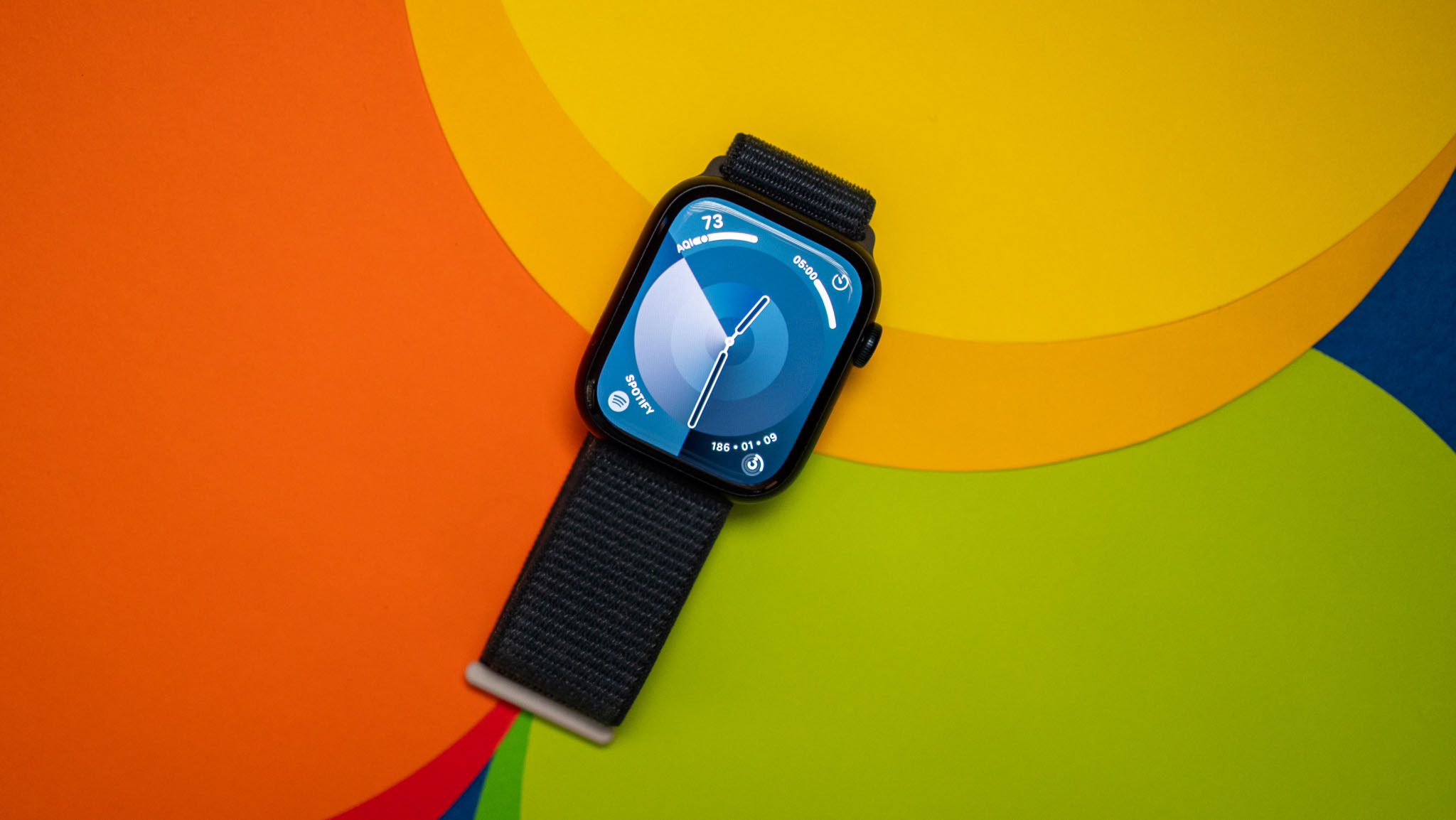
The Apple Watch Series 9 is virtually indistinguishable to its predecessor when it comes to the design. It has the exact same dimensions, same weight, same IP6X ingress protection, 50m water resistance, and the same screen size. The design is immediately recognizable, and the fact that it's using the same dimensions means watch bands designed for older models work just as well on the Series 9.
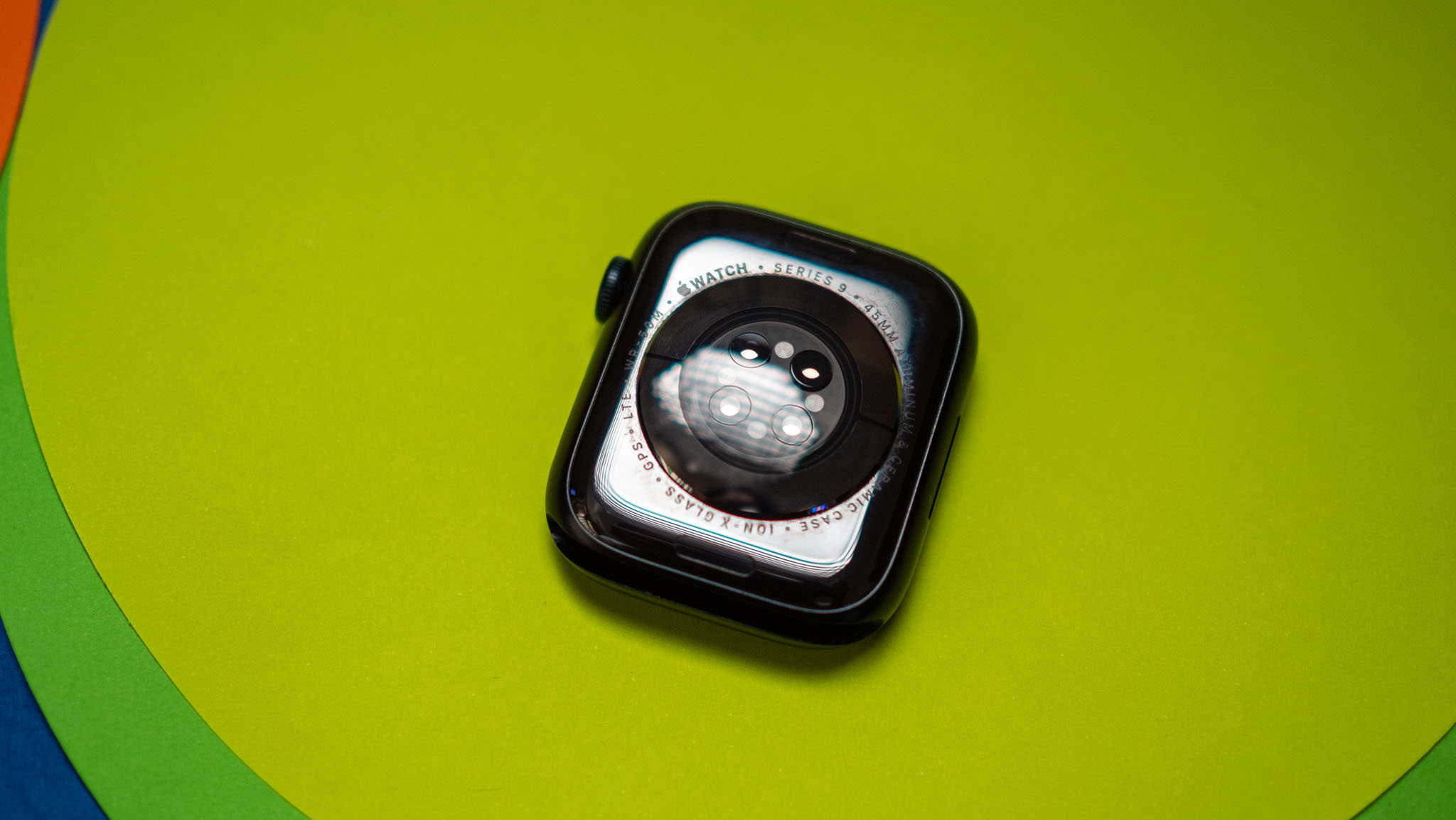
Apple hasn't changed the colors or finishes either, and the smartwatch is available in aluminum with five color options and a stainless steel model that has three designs. The stainless steel model looks significantly better and has better durability, but it is also considerably costlier. I used the stainless steel model of the Series 8, and switching to the aluminum variant of the Series 9, there's a clear difference in the look and feel of the smartwatch.
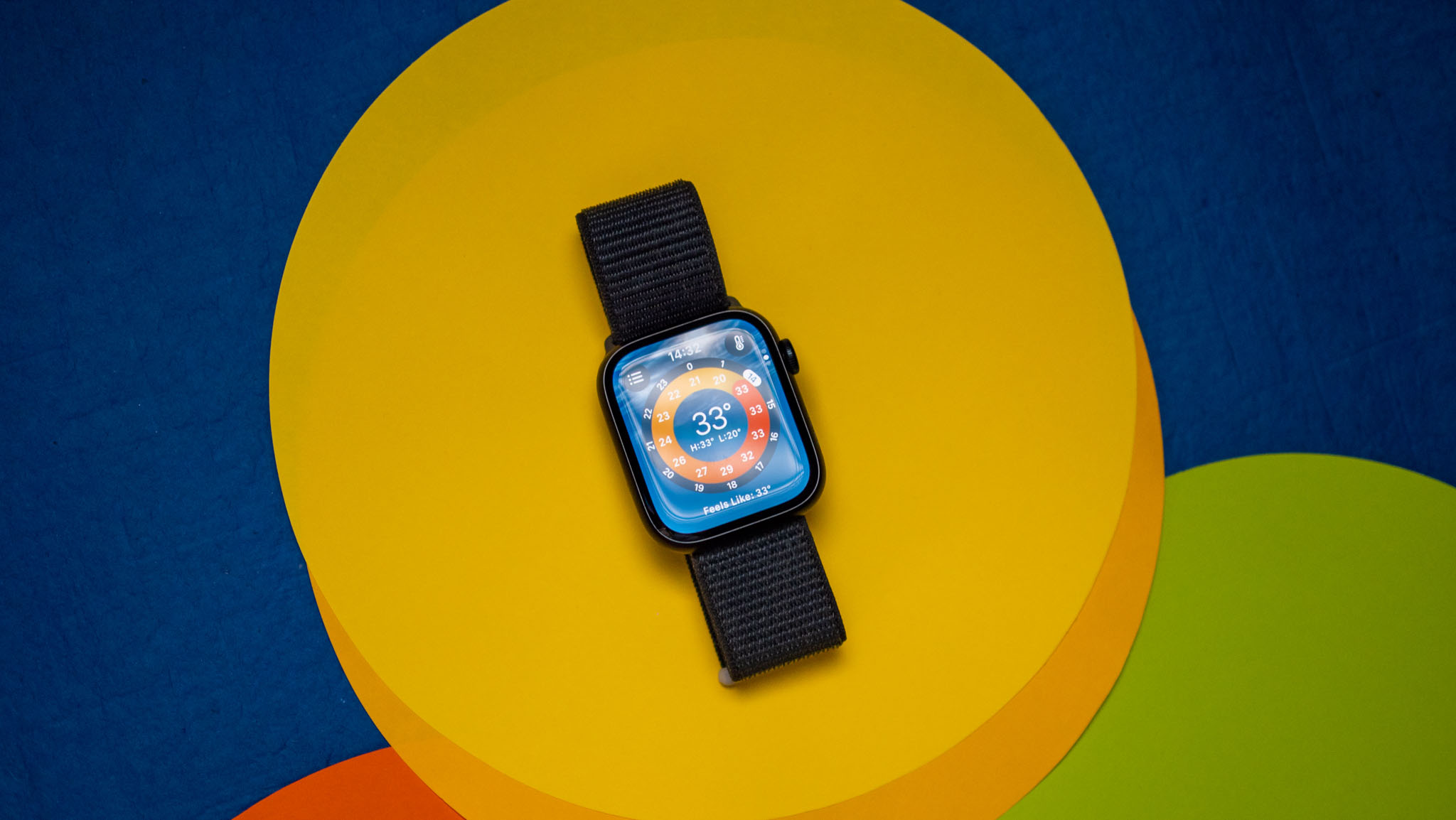
While the screen is also unchanged at 1.9 inches, the Retina OLED panel now hits 2000 nits of maximum brightness, and that's evident in daily use. It's not like the Series 8 was lacking in this area, but the brighter screen definitely makes it easier to read incoming notifications under harsh sunlight — particularly in a country like India.
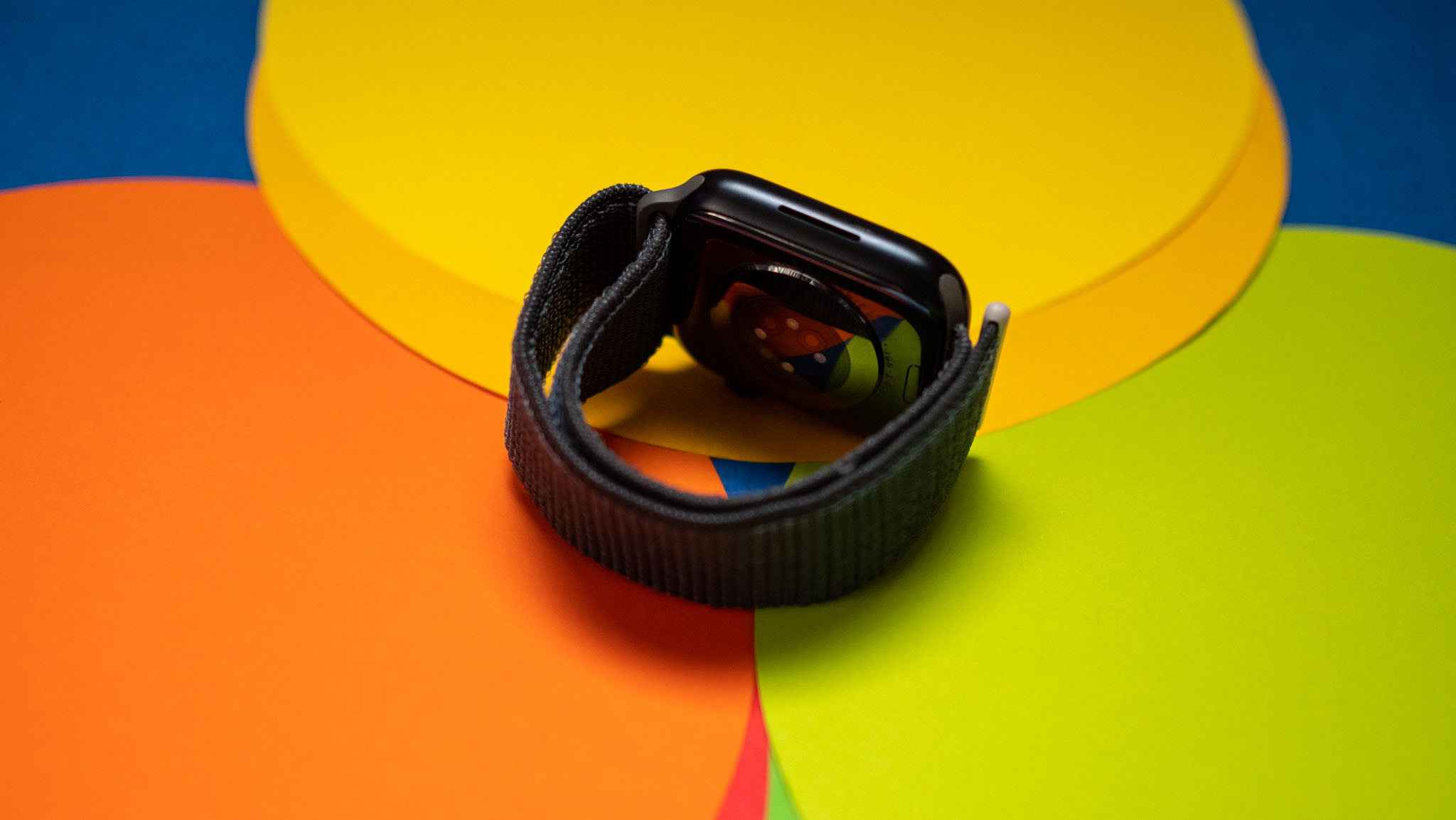

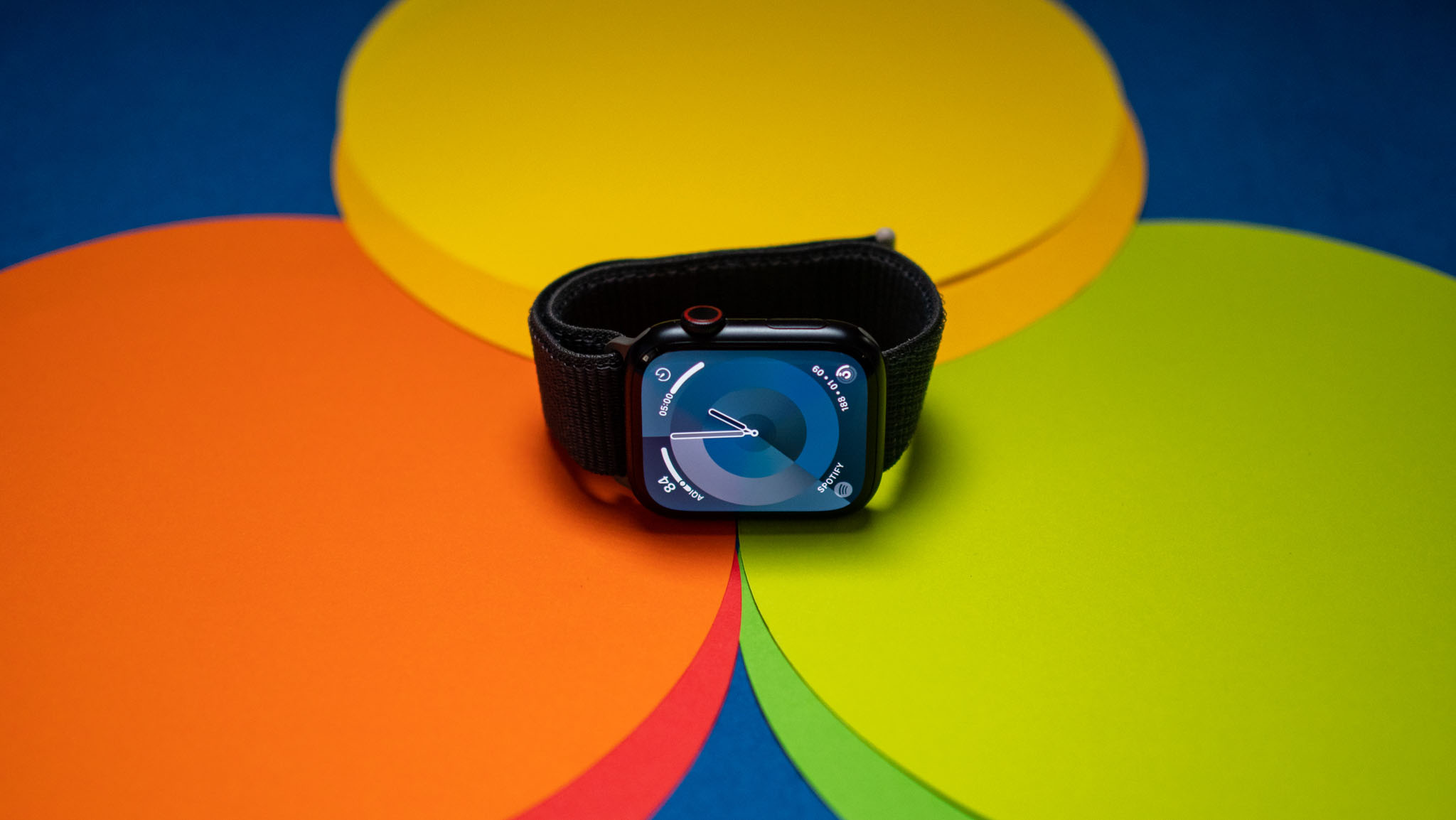
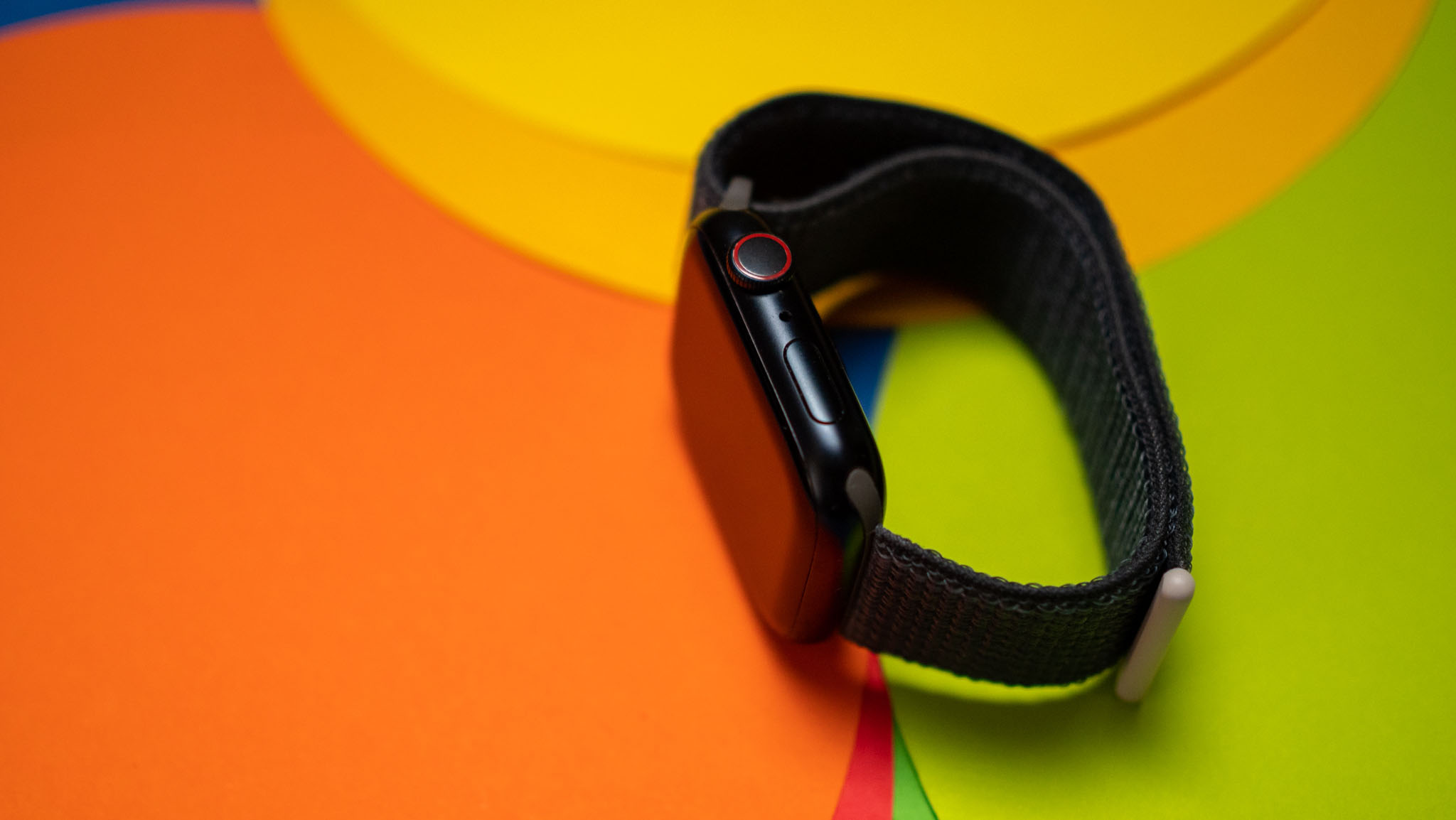
A big talking point on the Series 9 is the S9 System in Package (SiP), which uses a dual-core CPU with 5.6 billion transistors that's touted to be 60% faster than the Series 8, and this is what drives the new double tap gesture. Interestingly, the GPU is also 30% more powerful than the S8, and there's a quad-core Neural Engine that facilitates on-device Siri queries.
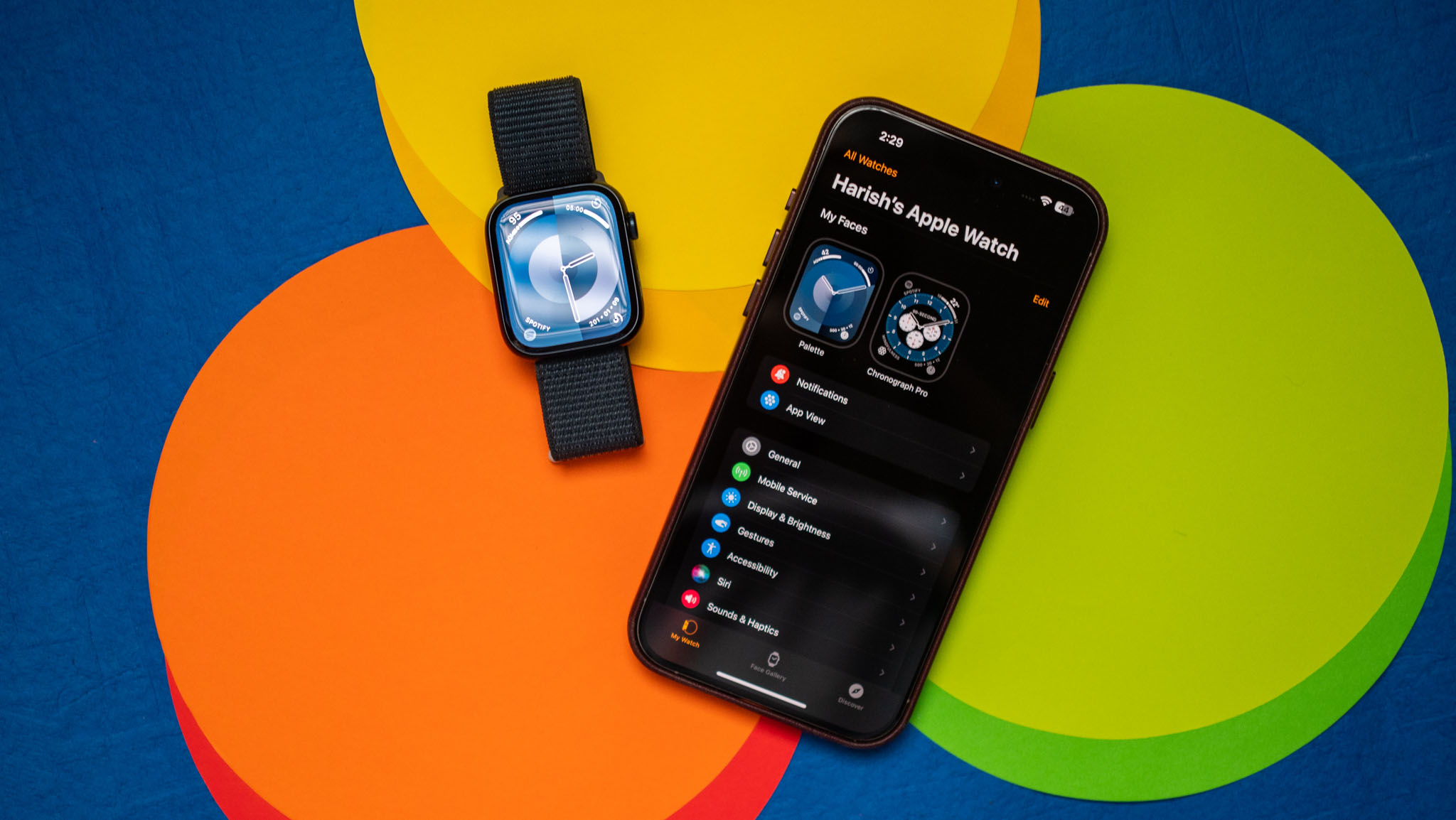
Apple says the new chip delivers smoother animations and effects, and while that is indeed the case, it wasn't like the Series 8 was sluggish by any stretch of the imagination. The S8 hardware still has plenty to offer in 2024, and having used the Series 8 for the better part of a year, I didn't see any noticeable difference when switching over to the Series 9 in this particular area.
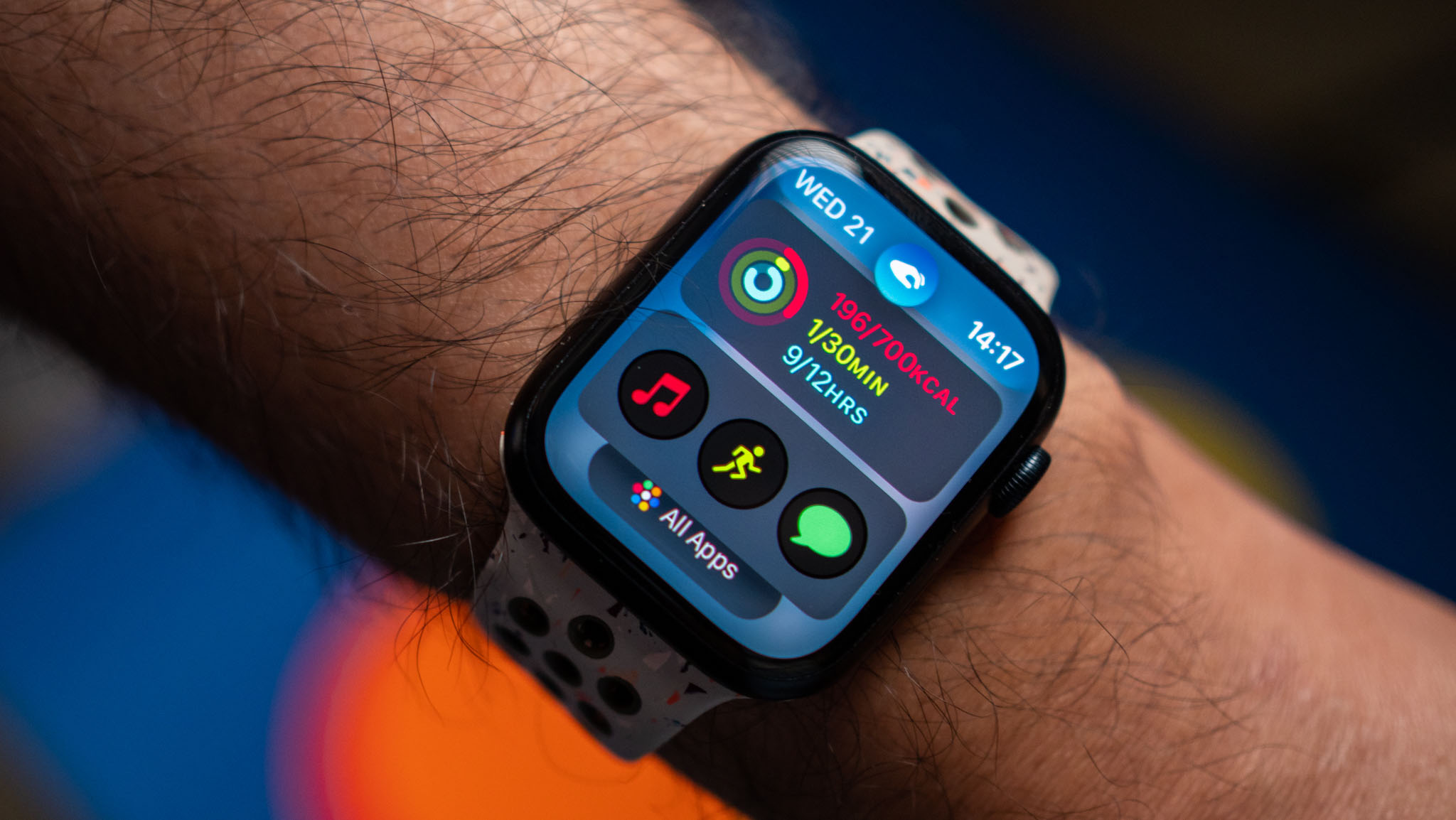
The biggest change with the Series 9 — and why I switched from the Series 8 — is the double tap gesture. You basically tap your thumb and index finger twice in quick succession to trigger the gesture, and that lets you perform various actions. The default action is to pull up your widget stack, and each gesture cycles through the widgets.
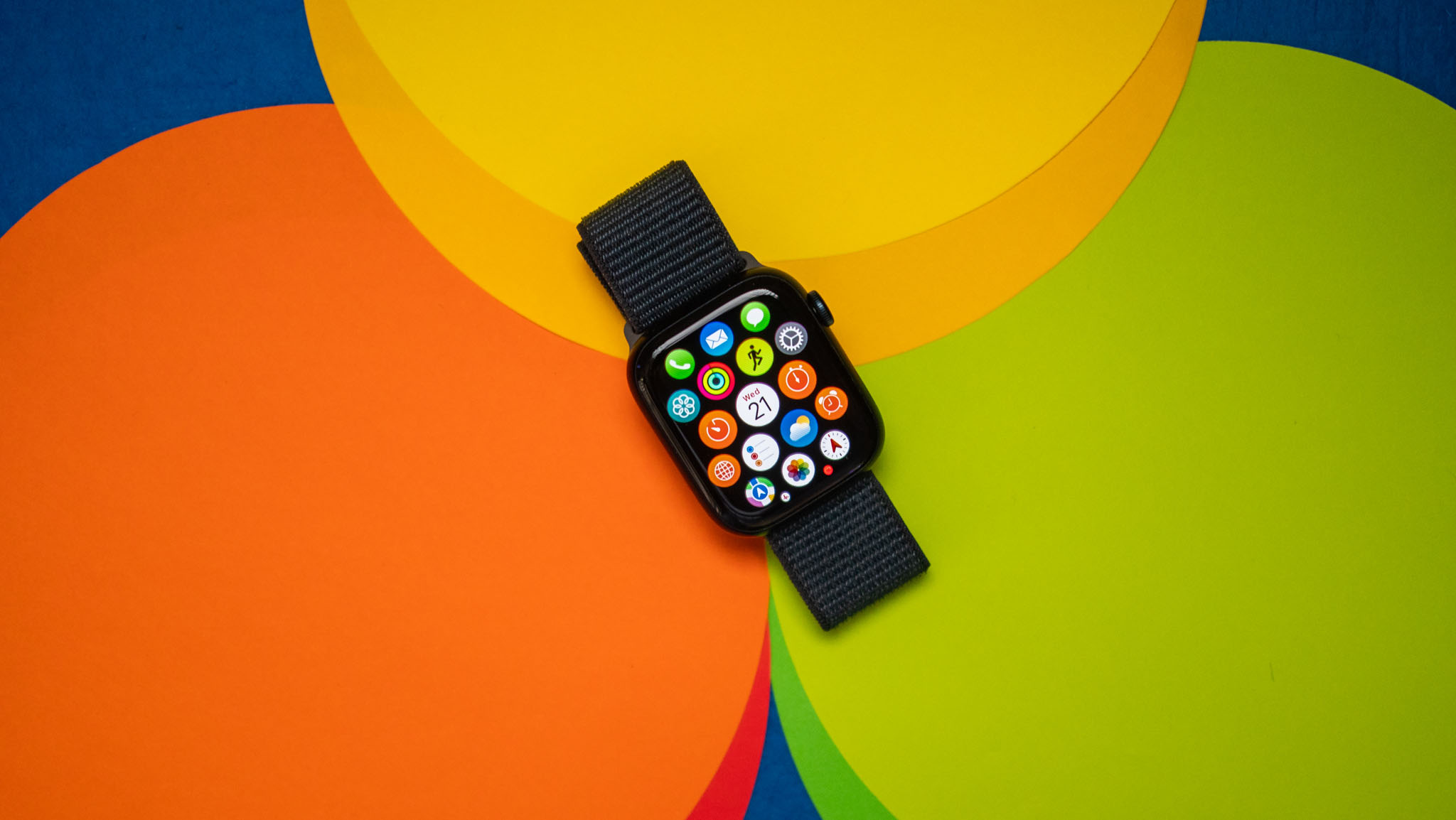
You don't need to use your index finger and thumb to launch the gesture — it worked just as reliably with the middle finger and thumb — but it is easier. The best use case is to control music playback and answer calls; we have an eight-month-old in the house, and it's just convenient to use the double tap gesture to answer calls while carrying the baby. You get a visual alert in the form of an icon that shows up whenever the gesture is triggered, and it is a novel way to interact with the watch.
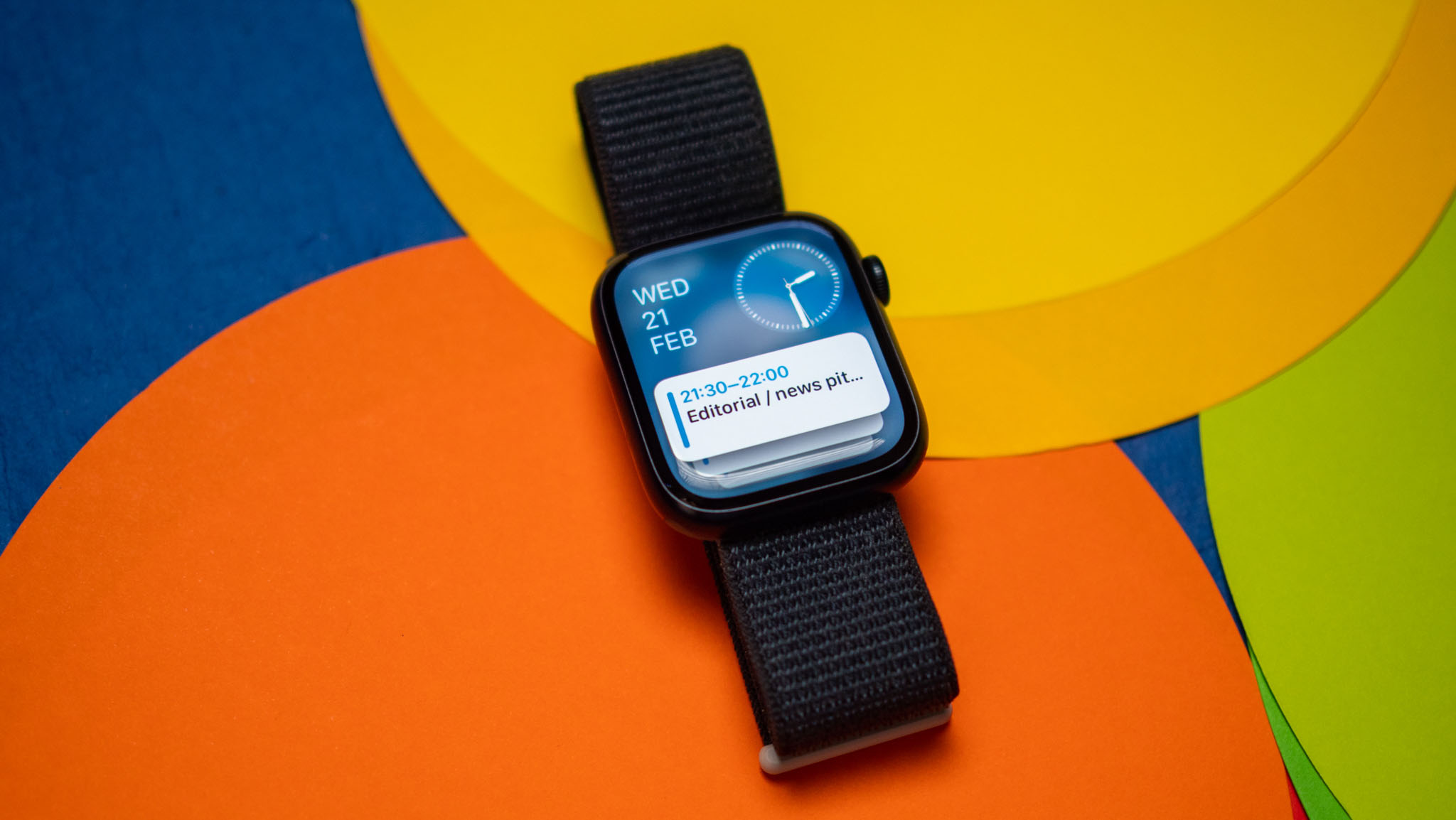
The Series 9 runs watchOS 10 out of the box, and it has a few design tweaks and general changes to the interface. Pulling up from the bottom of the screen doesn't surface the Control Center; that's moved to the power button. You instead get the Smart Stack, which is a set of widgets that can be customized to your tastes — identical to what you get on iOS.
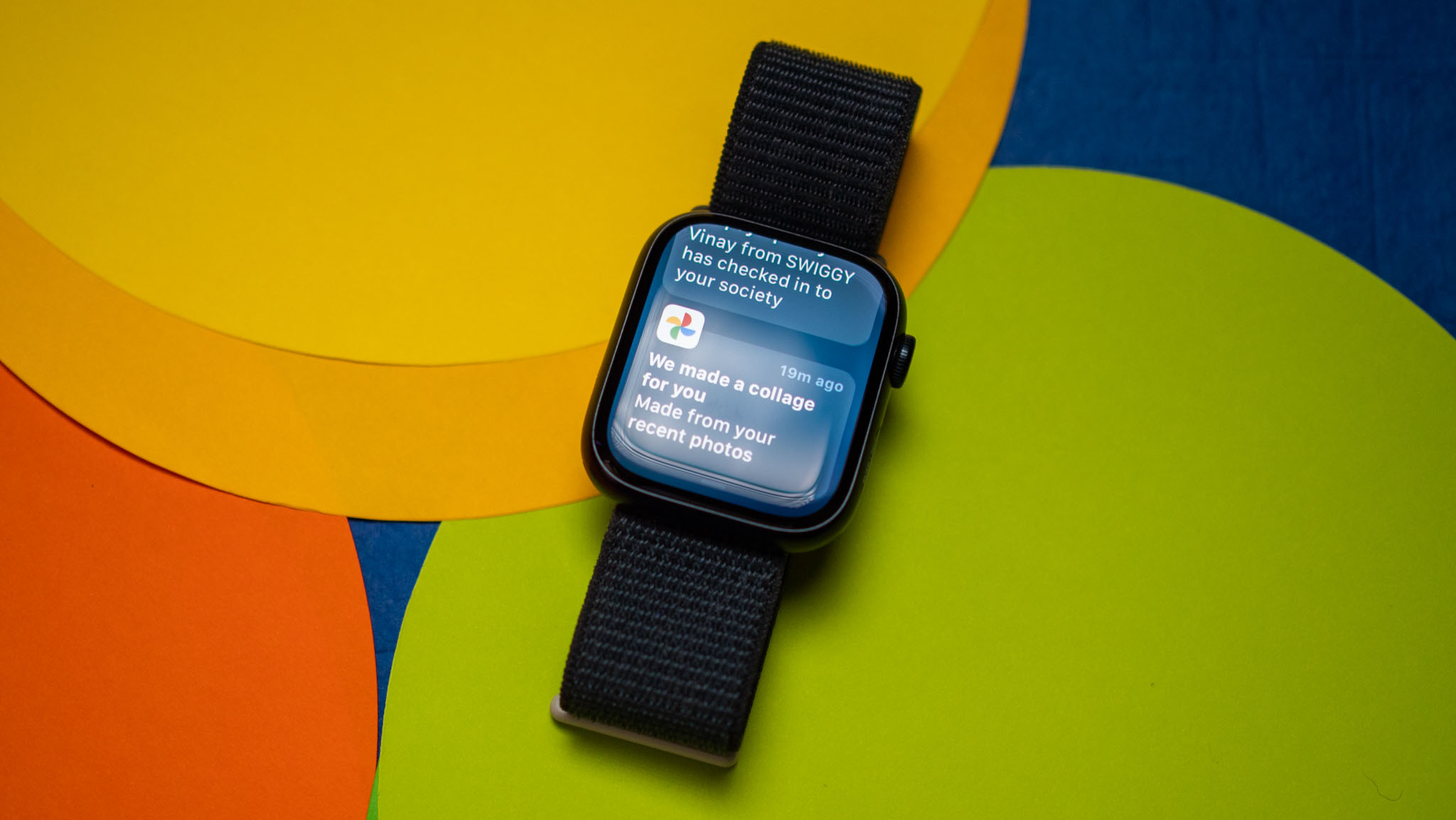
In fact, a lot of the interface elements have been rejigged in watchOS 10, and I ended up launching the Smart Stack several times a day when trying to access the Control Center. But after a week of use, the interface started to make sense, and nowadays, it feels just as familiar as the older system.
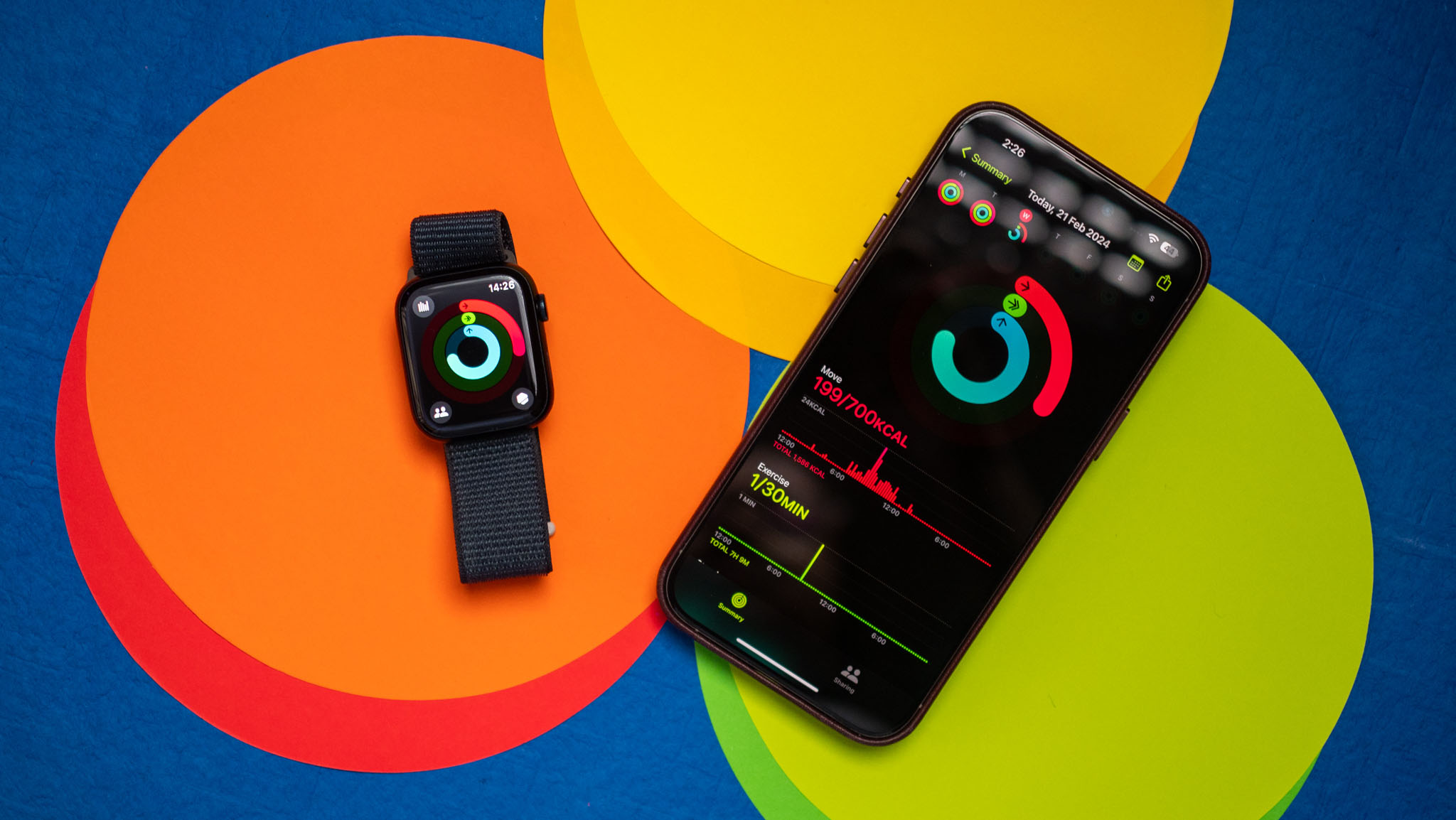
There are no issues with stability or the general fluidity of watchOS 10, and that's a stark contrast to even the best Wear OS smartwatches. All the apps installed on the watch run smoothly, there's a good selection of watch faces, and the Series 9 is great at monitoring daily activity levels. You don't get any new workout modes in watchOS 10, but it now shows detailed metrics — including segment times and average pace while running — and that is definitely handy.
Apple Watch Series 9: What needs work
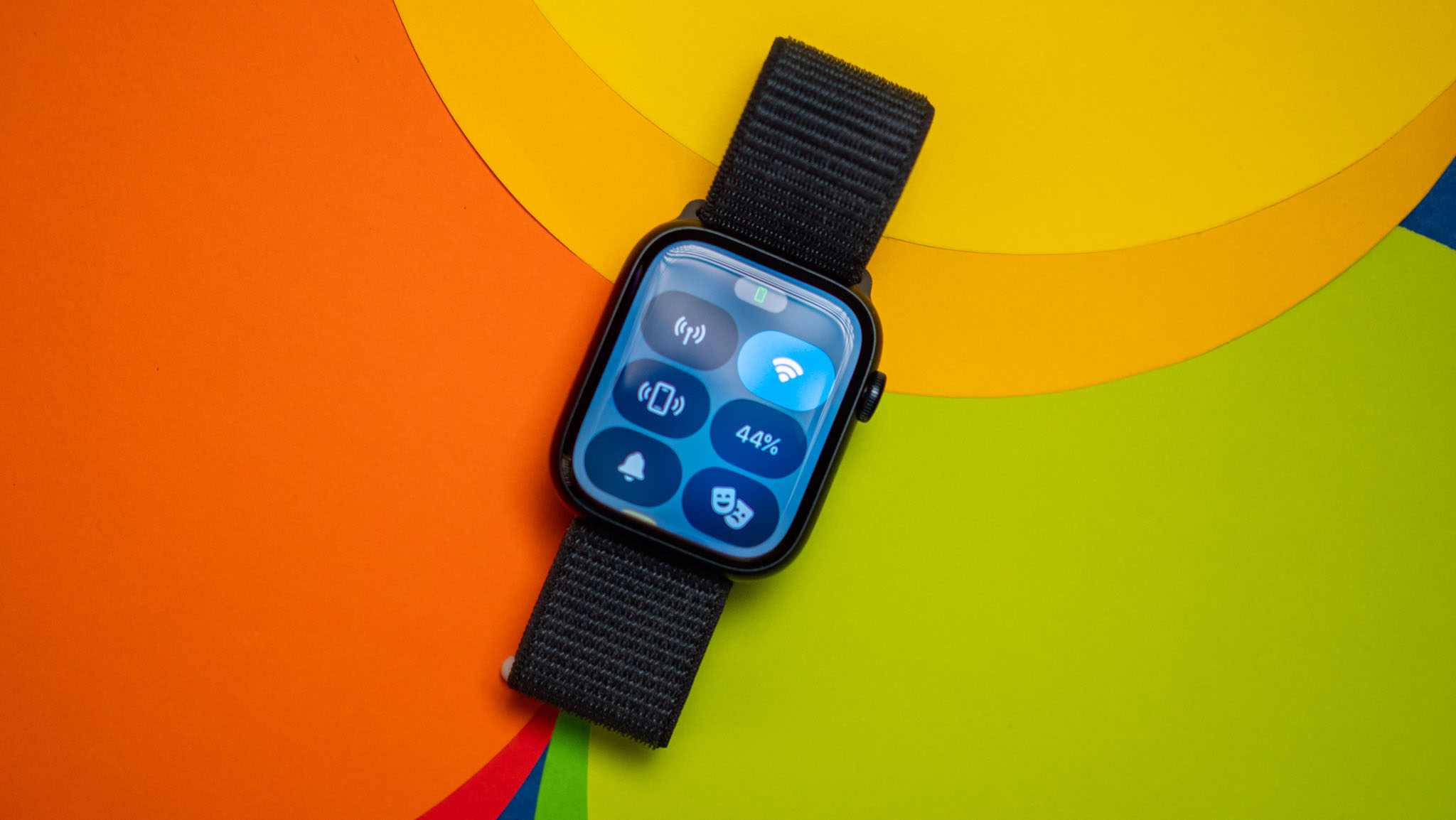
The Apple Watch Series 9 does a lot of things well, but the biggest letdown is the battery life. Even though the Series 9 uses the new S9 platform, it only manages to last a little over a day between charges, and this isn't meaningfully different to the Series 8. This is with the always-on mode enabled; I can get the watch to last two days by switching off the feature, but that defeats the point of wearing a smartwatch.
The only thing I wanted out of the Series 9 was two-day battery life, but that hasn't materialized. Sure, it's easy enough to charge the watch, and it does a decent job getting up to a 75% charge after just 30 minutes, but it's just irksome to have to chare it daily.
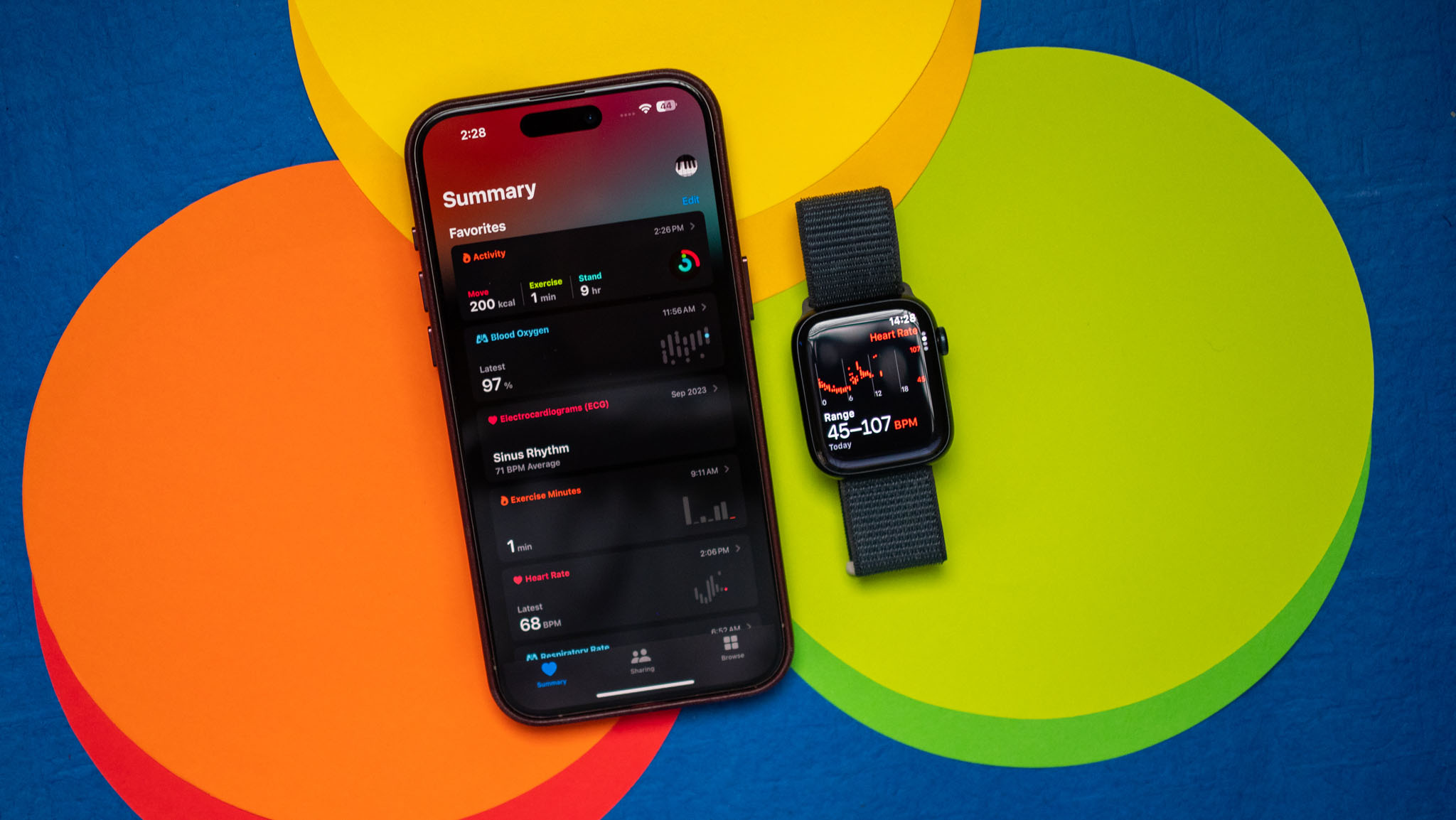
On the subject of frustrations, sleep tracking is still inconsistent. It offers better metrics now, but the data is still unreliable, and in two recent instances where I left the watch on the charging stand overnight because the battery was drained before bedtime, it logged the time spent on the charger anyway.
While I like the double tap gesture a lot, it's annoying that it is limited to Apple's own apps; I'd like to be able to control Spotify playback with the gesture, and that isn't doable at the moment. The last point of annoyance is with the design; there isn't anything inherently wrong with it, but the Series 9 has no character of its own — it is identical to the last five generations of Apple Watch. Yes, there are new colors and bands, but the inherent design of the watch itself is the same, and that needs to change.
Apple Watch Series 9: The competition
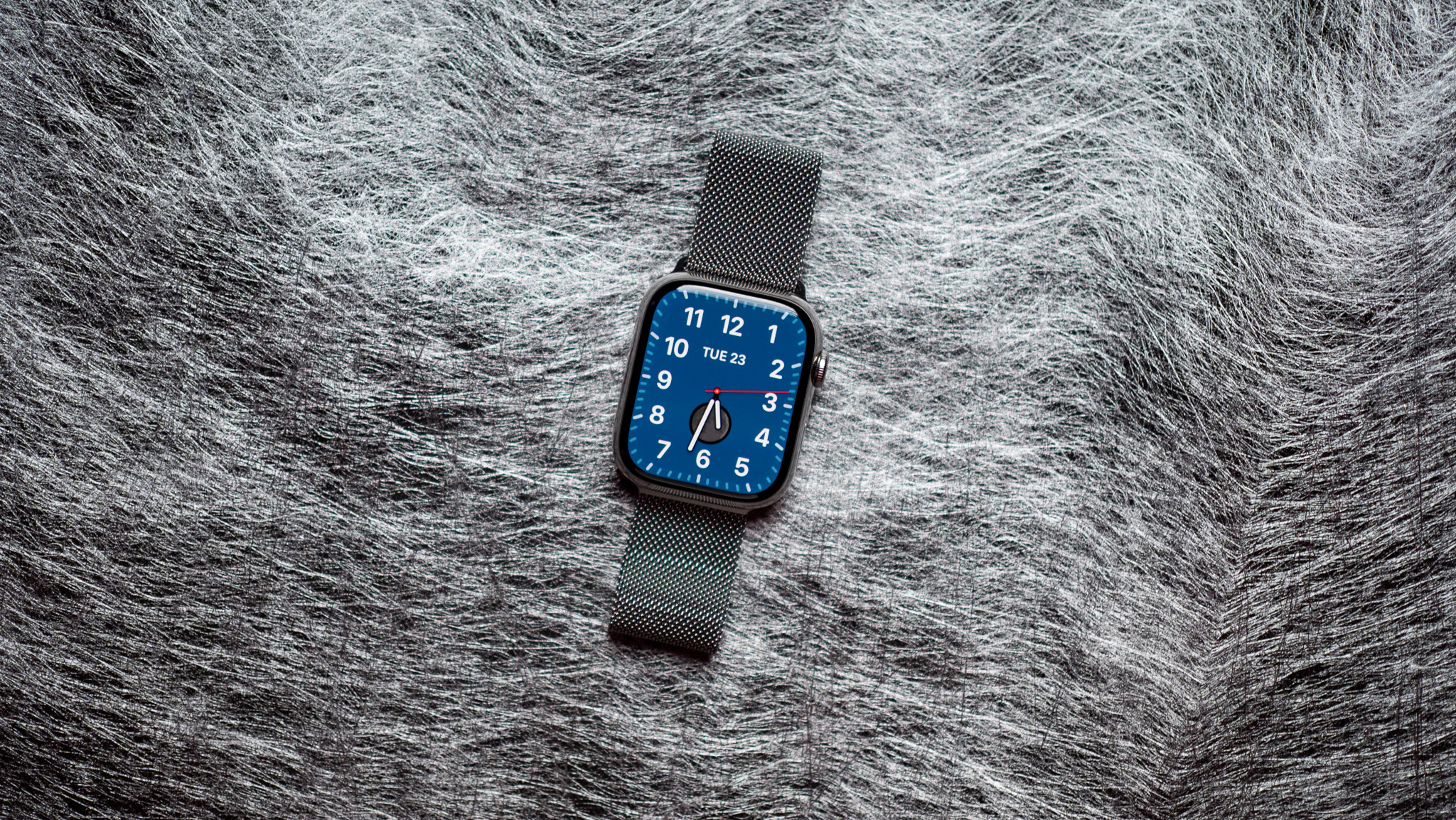
Obviously, the smartwatch you use is largely dictated by the ecosystem. If you use iPhones and don't want to get the Series 9, the Series 8 — or even the Series 7 — is still a great option. You get an identical design, similar set of features, and the battery lasts about the same. The only noticeable difference is the double tap gesture, and while it's good, it alone doesn't justify the asking price of the Series 9.
If you need something larger, the Apple Watch Ultra 2 has a lot going for it, including a 49mm titanium chassis, an even brighter 3000-nit screen, and larger battery.
Apple Watch Series 9: Should you buy it?
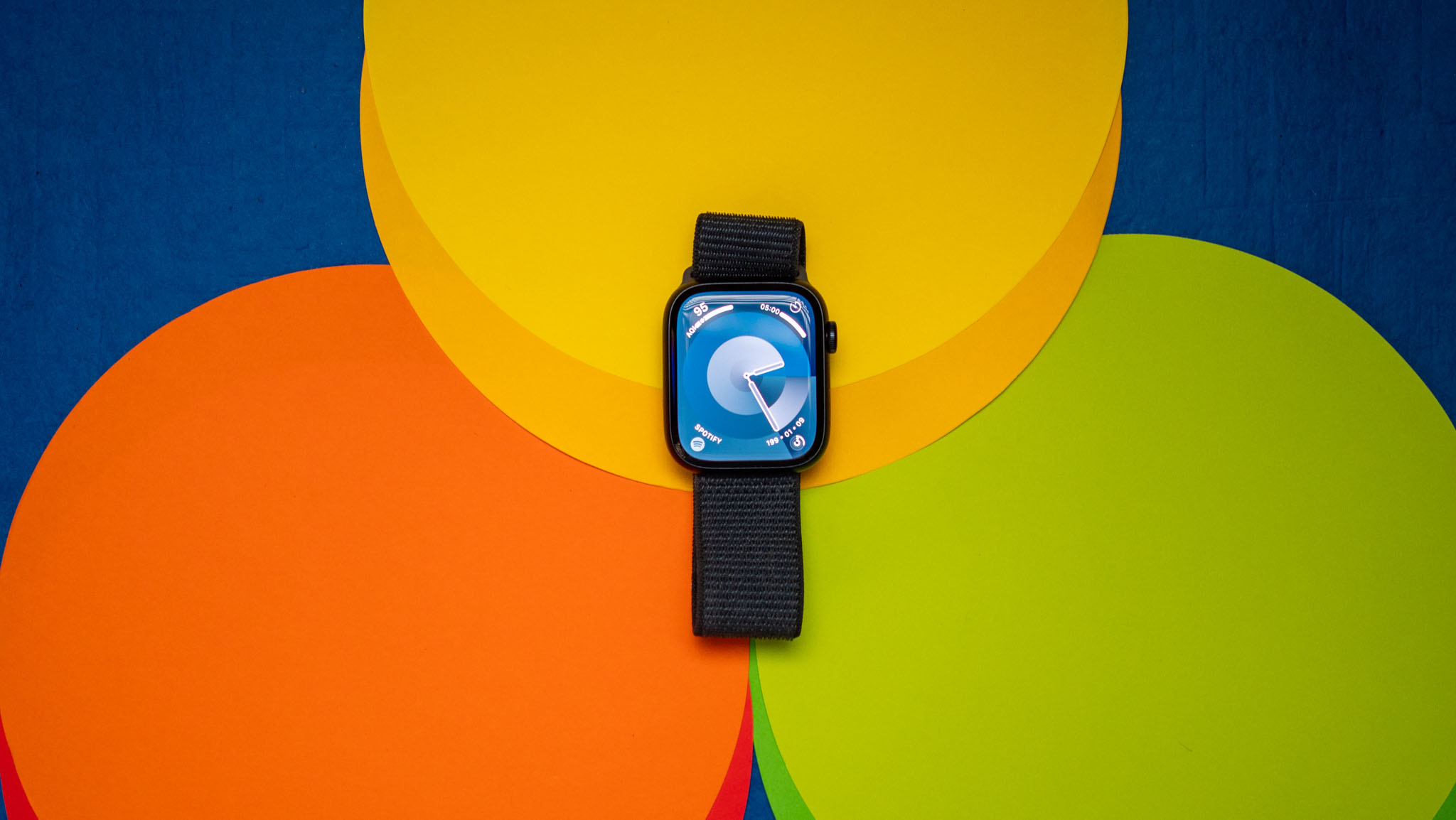
You should buy this if:
- You're using an Apple Watch Series 6 or older and are looking to upgrade
- You need reliable activity monitoring
- You want a bright screen
- You're looking for a familiar design
You shouldn't buy this if:
- You need two-day battery life
- You need meaningful upgrades
The Apple Watch Series 9 isn't drastically different to its predecessor, but a brighter screen and the new double tap gesture make the watch stand out a little. That said, it doesn't deliver any meaningful gains; the battery life is still the same, the design is showing its age, and there isn't enough here to compel Series 8 and Series 7 owners to make the switch.
Ultimately, that's what limits the potential of the Series 9. It is still a terrific smartwatch in its own right, but it isn't noticeably different to its predecessors, and therein lies the problem. The product is in need of an overhaul, and if leaks are any indication, it looks like we'll get that with the Series 10 later this year — I'm excited to see what that entails.
But for now, the Series 9 is a great choice if you're using an older Apple Watch and are looking to upgrade, or are considering a move from Wear OS.
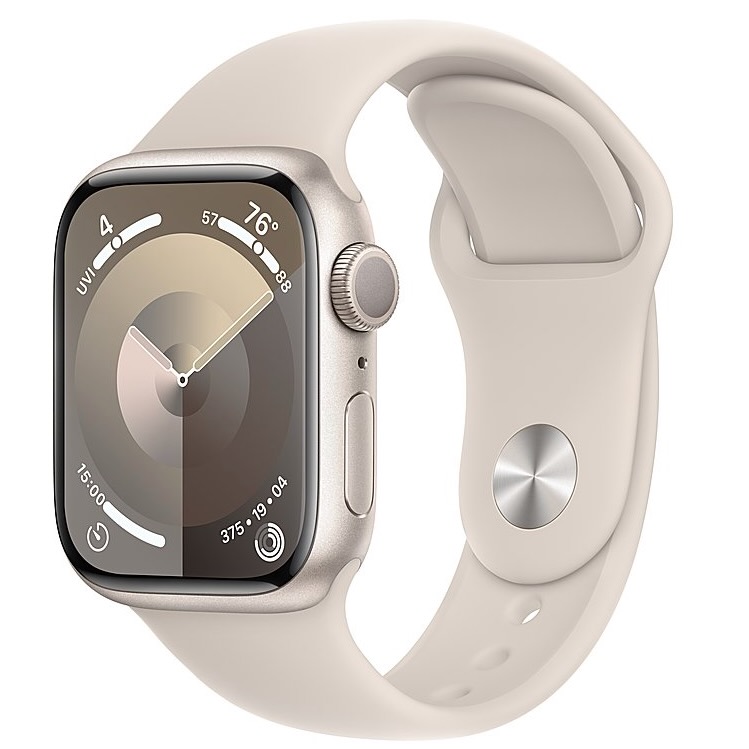
The Series 9 is a good choice if you're on an older Apple Watch, but if you've got the Series 7 or Series 8, there just isn't enough here to justify an upgrade. That said, it is still a terrific choice if you're looking to switch from Wear OS.

Harish Jonnalagadda is Android Central's Senior Editor overseeing mobile coverage. In his current role, he leads the site's coverage of Chinese phone brands, networking products, and AV gear. He has been testing phones for over a decade, and has extensive experience in mobile hardware and the global semiconductor industry. Contact him on Twitter at @chunkynerd.
